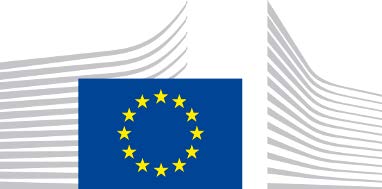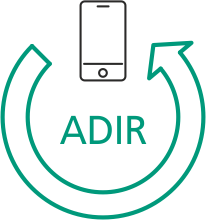Objective
Specific raw materials become increasingly important to manufacture high level industrial products. Especially electronic equipment contains precious metals and a series of strategic raw materials.
To date the material specific recycling is focused on mass stream concepts such as shredder processes and metallurgy to extract the high-value metallic constituents, i.e. copper, gold, silver. However, a series of critical elements cannot be recovered efficiently or is even lost in dust or residual fractions.
The goal of ADIR was to demonstrate the feasibility of a key technology for next generation urban mining. An automated disassembly of electronic equipment was worked out to separate and recover valuable materials. The concept is based on image processing, robotic handling, pulsed power technology, 3D laser measurement, real-time laser material identification (to detect materials), laser processing (to access components, to selectively unsolder these; to cut off parts of a printed circuit board), and automatic separation into different sorting fractions. A machine concept was worked out being capable to selectively disassemble printed circuit boards and mobile phones with short cycle times to gain sorting fractions containing high amounts of valuable materials. Examples are those materials with high economic importance and significant supply risk such as tantalum, rare earth elements, germanium, cobalt, palladium, gallium and tungsten.
A demonstrator was developed and evaluated in field tests at a recycling company. The obtained sorting fractions were studied with respect to their further processing and recovery potential for raw materials. Refining companies defined requirements and tested the processing of sorting fractions with specific material enrichments. An advisory board was established incorporating three telecommunication enterprises.

eu horizon 2020
This project has received funding from the European Union’s Horizon 2020 research and innovation programme under grant agreement No 680449.
